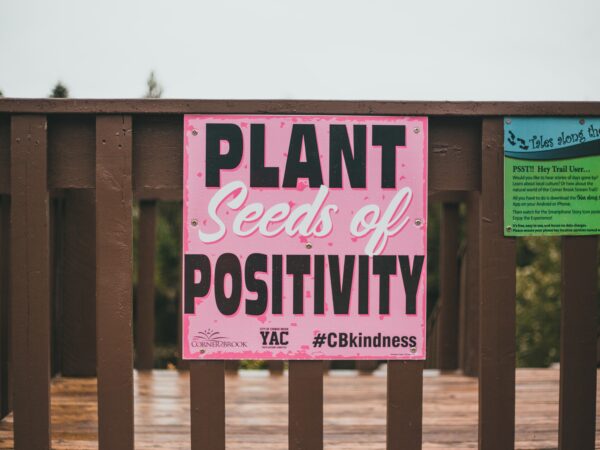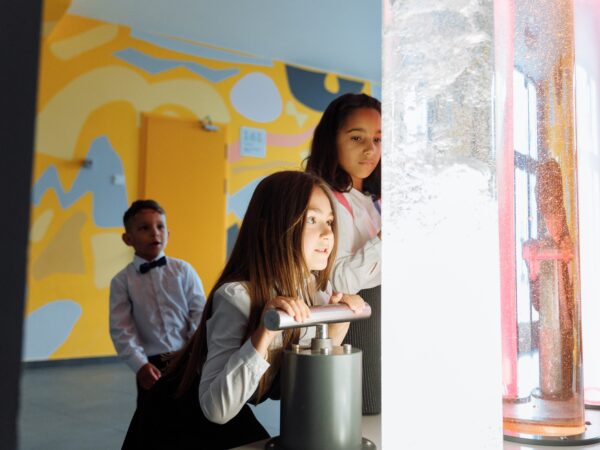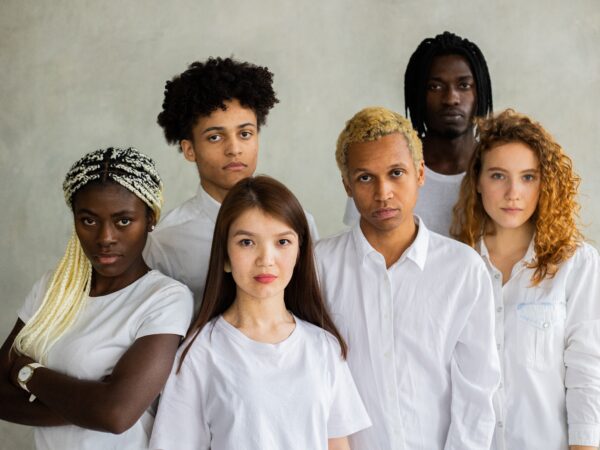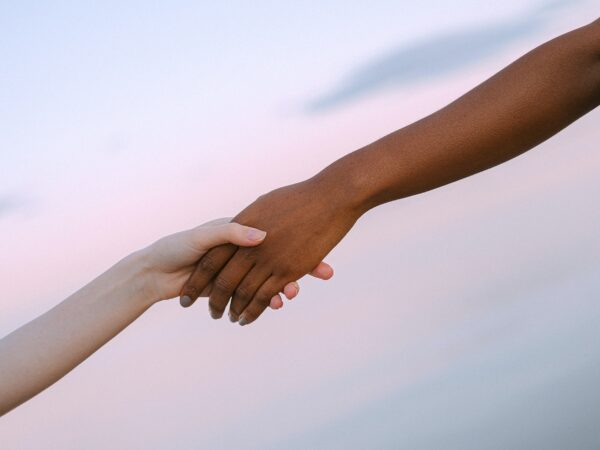As humans, we all seek to understand who we are and how we fit into the world. Religion and spirituality often play a significant role in this self-discovery. Our beliefs can shape our identity, guiding our values, choices, and sense of purpose. In this article, we’ll explore the intersection of religion and identity and how our beliefs define who we are.
Religion and Identity
Religion is a complex and multifaceted concept that encompasses a range of beliefs, practices, and traditions.
At its core, religion is an attempt to make sense of our place in the universe and understand the nature of reality. But it’s also much more than that.
Religion provides a framework for morality, spirituality, and community. It’s a source of comfort, guidance, and inspiration for millions of people around the world.
When it comes to identity, our religious beliefs can play a significant role. Many people identify strongly with their religion or spiritual practice, seeing it as an essential part of who they are.
Religion can influence how we see ourselves, our values, and our place in the world. It can provide a sense of belonging, purpose, and meaning.
For some people, religion is a central part of their identity, while for others, it’s just one piece of the puzzle. Even those who don’t identify with any particular religion may still have spiritual beliefs or practices that shape their sense of self.
It’s important to note that identity is a complex and multifaceted concept that encompasses many different aspects of our lives, including race, gender, sexuality, culture, and more. Religion is just one of these many pieces.
How Religion Shapes Identity
There are many ways that religion can shape our identity. Here are a few examples:
Morality – Religion often provides a moral framework for believers. Many religious traditions have specific codes of conduct, rules, and ethical guidelines that shape how people behave. This can influence not only our behavior but also our sense of right and wrong.
Values – Our values are the things that we hold dear and prioritize in our lives. Religion can play a significant role in shaping these values.
For example, many religious traditions emphasize the importance of compassion, love, forgiveness, and service to others. These values can become central to our identity if we adopt them as our own.
Community – Religion often brings people together in a shared community. Belonging to a religious community can provide a sense of belonging and purpose. It can also shape our social identity and how we see ourselves in relation to others.
Spirituality – Many people turn to religion for a sense of spiritual connection and meaning. This can influence our sense of self and our place in the world. Believing in something greater than ourselves can provide comfort and direction.
Self-Discovery – For some people, religion is a tool for self-discovery and personal growth. Many religious traditions offer practices like meditation, prayer, and self-reflection that can help us better understand ourselves, our values, and our purpose.
Identity and Belief
When it comes to the intersection of identity and belief, there are a few important things to consider. First, it’s important to remember that religion is just one aspect of identity.
It’s not the whole picture. People’s identities are complex and multifaceted, and religion is just one of the many factors that contribute to who we are.
Second, it’s important to recognize that there are many different beliefs and traditions within religion. Even people who identify as part of the same religious group may have different beliefs, practices, and experiences. Religion is not a monolithic entity; it’s made up of diverse and complex communities.
Finally, it’s important to recognize the ways in which religion can be used to harm or oppress people. Throughout history, religion has been used to justify discrimination, violence, and oppression. We must be mindful of these histories and work to create more inclusive and equitable communities.
The Benefits of Religion
Despite its complexities, religion can bring many benefits to individuals and communities. Here are a few examples:
– Community – Religion often provides a sense of community and belonging, which can be essential for our well-being. Having a group of people who share our beliefs and values can provide support, comfort, and a sense of purpose.
– Guidance – Religion can provide guidance and direction in our lives. Believing in something greater than ourselves can give us a sense of purpose and help us make meaning out of difficult situations.
– Comfort – Religion can provide comfort in times of stress, grief, or hardship. Believing in a higher power or spiritual force can provide a sense of peace and security.
– Ethics – Religion can help us develop a strong sense of ethics and moral values. Many religious traditions emphasize the importance of compassion, fairness, and justice.
The Challenges of Religion
Despite its benefits, religion can also pose challenges for individuals and communities. Here are a few examples:
Conflict – Religion can be a source of conflict and division. Different religious beliefs and practices can lead to disagreements and even violence.
Exclusion – Religion can be exclusive, creating barriers between those who belong to a particular tradition and those who don’t. Belonging to a particular religion can create a sense of “us” versus “them.”
Judgment – Religion can lead to judgment and criticism of others who don’t share the same beliefs or practices. This can create a sense of superiority and even lead to discrimination.
Dogmatism – Religion can be dogmatic, meaning that it requires strict adherence to certain beliefs or practices. This can limit individual freedom and creativity.
Navigating the Intersection of Religion and Identity
Navigating the intersection of religion and identity can be challenging, but there are a few things we can do to make it easier:
Be Open-Minded – If you’re exploring your religious beliefs or learning about someone else’s, it’s important to approach things with an open mind. Try to understand where the other person is coming from and be respectful of their beliefs.
Be Respectful – Even if you don’t agree with someone’s beliefs or practices, it’s important to be respectful. Everyone has the right to their own beliefs and practices.
Be Inclusive – Try to create inclusive communities that welcome people from diverse religious backgrounds. Celebrate differences and promote understanding.
Be Mindful – Be mindful of the historical and current uses of religion to oppress and discriminate against others. Work to create more inclusive and equitable communities.
Conclusion
Religion and identity are complex and multifaceted concepts that intersect in many different ways. Our beliefs can shape our sense of self, our values, and our place in the world.
Religion can bring many benefits, including community, guidance, and comfort. But it can also pose challenges, including conflicts, exclusion, and judgment.
By being open-minded, respectful, inclusive, and mindful, we can navigate the intersection of religion and identity in a positive and productive way.











